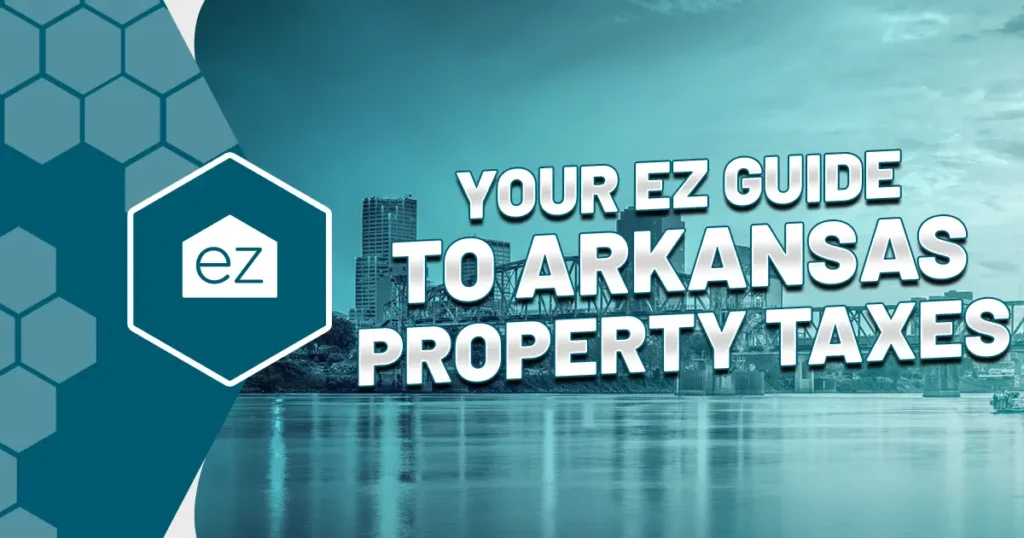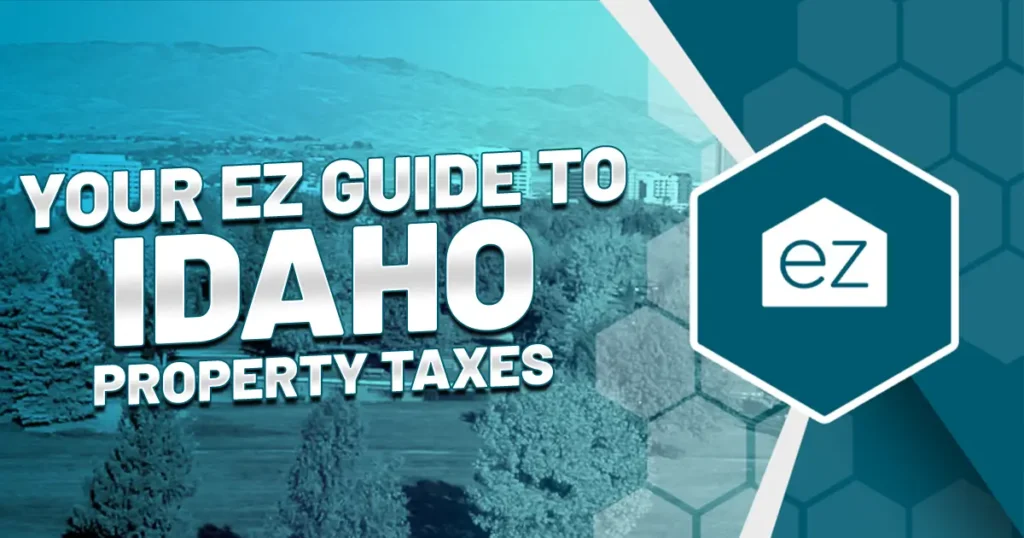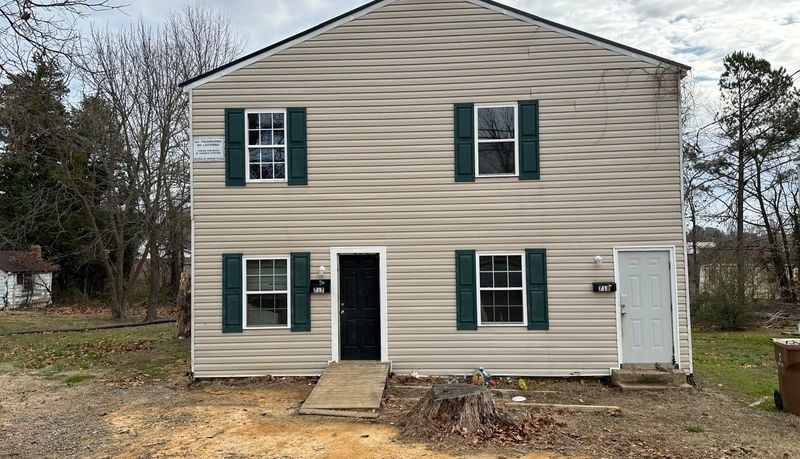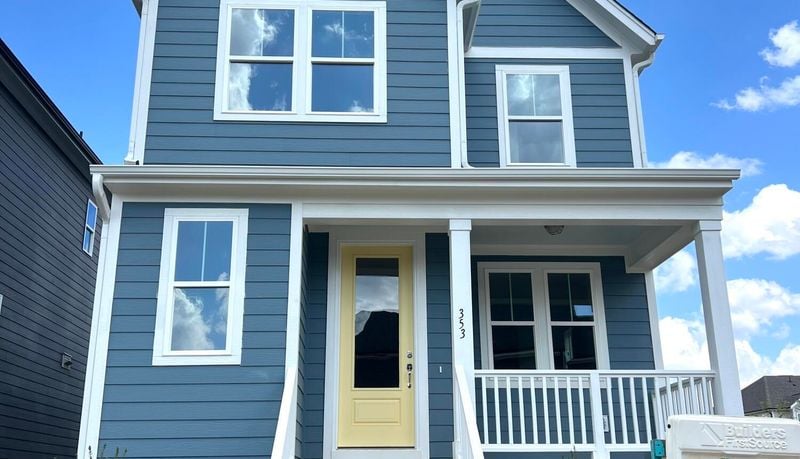Is Virginia a Good State To Buy a Home?
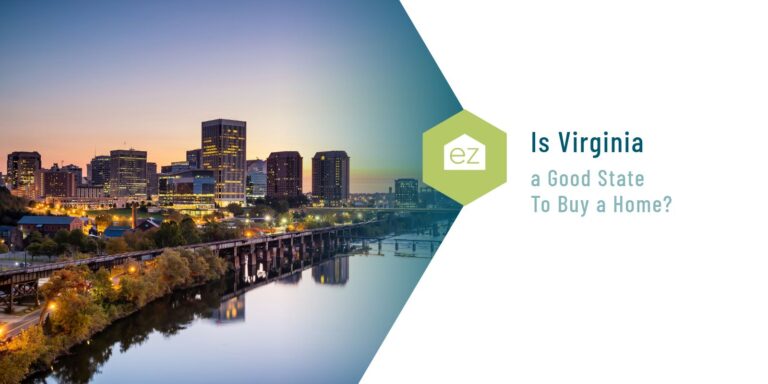
Whether Virginia is a good state to buy a home depends on what factors matter to you, such as your financial situation, lifestyle preferences, and long-term goals. We can tell you that Virginia has a highly diversified real estate market. Between the metropolitan Northern Virginia region, coastal Virginia Beach and Hampton Roads, and mountains in the west, you’ve got ample choices for your primary residence, a vacation home, or real estate investing.
To help you decide if Virginia makes sense to purchase real estate, let’s look at the statewide advantages and drawbacks of owning a home here. These include Virginia’s cost of living, current state economic trajectory, and what makes living in the “land for lovers” great.
What are the positives of living in Virginia?
Virginia ranked no. 13 overall in the nation as a place to live in 2023, with high public safety and education marks on US News and World Report’s evaluation.
Education
Education is definitely an advantage here, as the public school systems and its universities frequently earn top marks from independent evaluators. The 2023 fifth-best high school in the nation (out of over 17,000!) was in Alexandria, VA. However, the quality of its schools isn’t concentrated in a single area, meaning families have broad choices regarding where to live for access to a quality education. For higher education, the top-ranked choices are the University of Virginia (nationally ranked no. 25), College of William & Mary, and Virginia Tech.
Stabile and diverse job market
Virginia may not have phenomenal job growth, but its mix of industries forms the backbone of its stable job market. With northern Virginia next door to our nation’s capital and a strong higher education sector, even during down markets, Virginia tends to report strong performance with wages and low unemployment. But you may be surprised to learn Virginia’s largest private sector is agriculture, primarily based in the central regions and driven by tobacco and peanut cultivation. However, other top sectors include shipbuilding, defense, tourism on its shoreline, and technology in the NVA region. Manufacturing was its smallest employing private sector.
Beautiful locations
In a state 430 miles long, it’s natural to have diverse landscapes, and Virginia delivers in a big way. Buy a home in the beautiful Blue Ridge Mountains, the quiet farmlands of the Shenandoah Valley, or on the Atlantic coastline. This geographic diversity opens the door for multiple outdoor activities, from hiking, mountain biking, and downhill skiing in the mountains to sunbathing and deep sea fishing off the shores.
Arts and Culture
For creatives, Virginia is a positive treasure trove. It would take a whole novel to detail all the entertainment attractions across the state. Cities like Williamsburg, Jamestown, and Richmond are home to living history museums and reenactments that allow visitors to immerse themselves in the past. Multiple art museums, like The Virginia Museum of Fine Arts in Richmond, have expansive galleries of historic and contemporary works. Music festivals strike a tune in genres like jazz, folk, country, pop, and more.
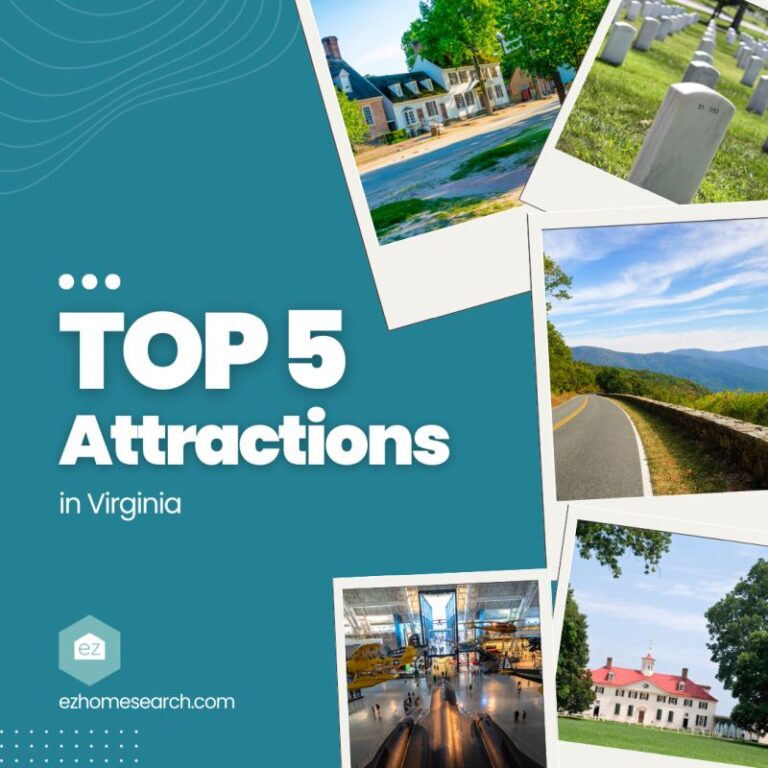
Four-season climate
If you like having a true winter, spring, summer, and fall, Virginia has that, too. Expect to see snow even out of Virginia Beach, even if it doesn’t last as long as in the mountain highlands.
Low crime rate
Virginia’s commitment to safety and security is reflected in its consistently low crime rate, making it an attractive place to live for those who prioritize a peaceful environment. With proactive law enforcement efforts, community engagement, and a focus on crime prevention, the state has successfully maintained a reputation for safety across its urban and rural areas.
What are the drawbacks to living in Virginia?
Traffic woes
It’s true that the denser metros, like in Northern Virginia and around Richmond, have robust public transportation options. But Northern Virginia, especially around the Washington, DC, metropolitan area, is well known for its heavy traffic. It ranked no. 8 in the nation for congestion in 2022.
If you don’t live in the DC metro, you’ll likely need a car to get around much of the state, which quickly turns rural outside its cities.
More in taxes
Taxes are no joke here. Virginia may be middle of the road, but its tax burden isn’t equal across the state. It does have a state income tax, ranked as the 11th highest in 2022. Sales taxes may be lower, but property taxes stand in the middle.
Unequal cost of living
The state may be just 3% more than the national average for its living costs, but Northern Virginia can be very expensive, as can areas of Hampton Roads and Virginia Beach. But other parts, like Central Virginia or Southern Virginia, can stretch your budget further with reduced housing costs.
Virginia is a popular place to visit, too, and that’s throughout the state. Summer brings tourists to its Eastern shore islands, while people come to the mountains for the autumn leaves. Washington, DC, stays busy all year round. That means wherever you live, there’s likely to be a more crowded tourist season you’ll need to learn to live with.
What is the cost of living in Virginia?
What you’ll pay to live here greatly depends on where you buy a home. The state may be 33rd for its cost of living as of Q1 2023 MERIC data, but that’s just a statewide average. For a single person, the average cost of living was $48,249 per year as of 2022. That’s not likely to cover your expenses in Arlington, VA.
Starting with the big picture look, Virginia real estate ran 7% above the national median in the first quarter. But every category except transportation costs more than the US median, typically between 2-4% more.
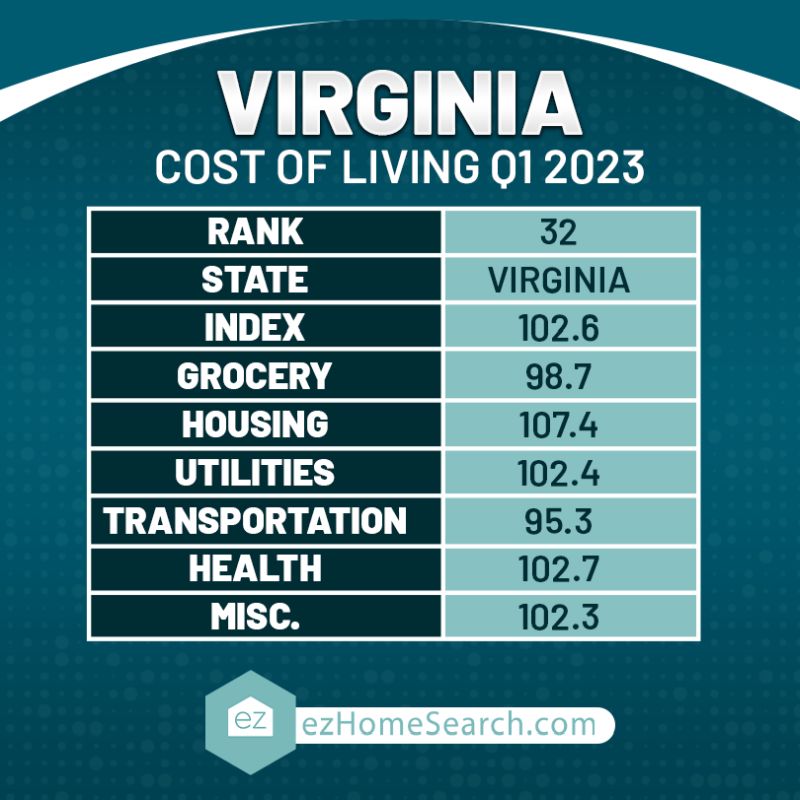
But look at how the cost of living swings based on where in Virginia you live. Here are four cities from different regions.
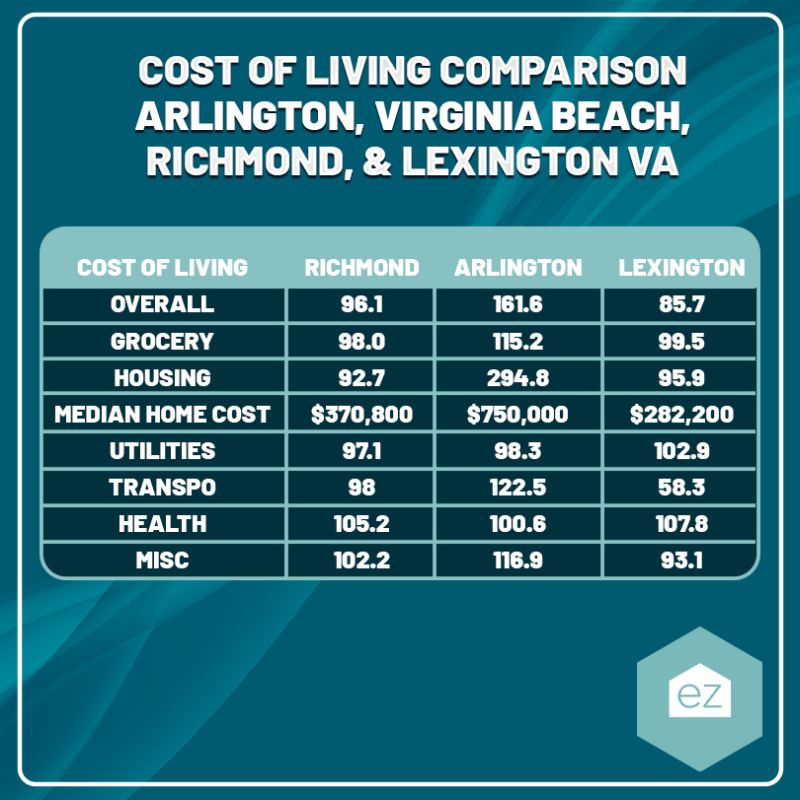
How much money do you need to live in Virginia?
Again, that will depend greatly on where in Virginia you buy real estate and your budget. Housing and other costs in Northern Virginia are more expensive than in Abington or Roanoke.
Data from 2022 estimated a single person living in Virginia needed $48,249 per year to cover their essential living expenses: housing, health care, food, and transportation. Inside that budget, housing costs ran $1,221-$1,839 monthly.
But metro home values have a widespread, from $105,000 in Martinsville to $391,000 in Charlottesville in 2022 figures.
Utilities in 2021 averaged $393 per month, with residents spending about $121 on electricity and $105 on gas.
Childcare averaged from $942 to $1581 per month, with home-based childcare being the least expensive.
A living wage represents a family’s ability to comfortably cover all their spending needs without living paycheck to paycheck. MIT’s Living Wage Calculator estimated a family of four with two children and one working adult would need an hourly living wage of $40.59. That would also be $70,946 a year after taxes. A single person with no children would need $ 33,450 after taxes.
Is Virginia tax-friendly?
Unfortunately, most do not consider a Virginia tax-friendly state because of its higher property taxes and its state individual income tax system. Virginia has a progressive income tax system with several tax brackets. The tax rates ranged from 2% to 5.75% depending on income, with all earned income over $17,000 taxed at 5.75%.
And its individual income taxation is not very forgiving. Take college students who must submit a state income tax return if they go to school in Virginia but have residency in another state or are a Virginia resident attending a school in another state. Work in Virginia but are not a state resident? You must complete a state income tax return unless you are a DC or Kentucky resident.
Property taxes are considered local taxes and are levied based on the county or municipality the property is in. Learn more about Virginia’s property tax structure. You’ll also pay taxes on personal property like motor vehicles and boats.
The state sales tax is 5.3%, while municipalities charge up to 7% on all retail sales. Your personal groceries and some hygiene products are taxed less, just 1%.
What is Virginia’s real estate market like?
A noticeable trend was shaping the real estate landscape during 2023. The current data from the Virginia REALTORS indicates that the number of active listings on the market continued to shrink, brought partly about by a decrease in new listings.
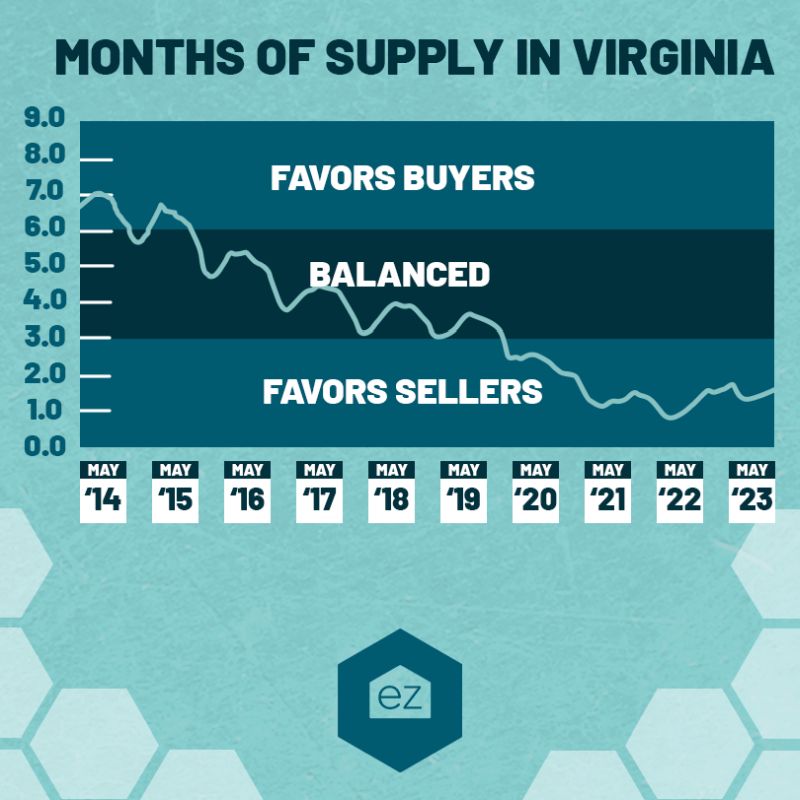
The market experienced a modest surge in inventory to the start of 2023, but halfway through the year, approximately two out of every three counties and cities across Virginia reported a reduction in active listings compared to a year ago. Inventory was now down 19% statewide.
This activity shift is particularly observable in Northern Virginia, where the decrease in available properties was the most pronounced.
However, despite the slowdown in sales and market listings, the state was essentially a seller’s market. Sales may be down, but only because there are fewer listings and a smaller buyer pool. That declining inventory but sustained demand for homes was why the statewide median sales prices were still inching upward. The $400,000 median price in July 2023 was a 4% increase over the prior year.
This evolving landscape underscores the dynamic nature of the state’s real estate market. Localized shifts in housing supply and demand drastically change from Virginia region to region, which is why having a knowledgeable real estate professional helps gain insight into the most current trends.
A few key places to live in Virginia
Virginia’s abundance of cities, small towns, and rural getaways means plenty of great places to buy a home. You can:
- Live on an island in the Eastern shore
- Buy waterfront of one of the rivers or reservoirs
- Settle deep in the heart of the mountains
- Enjoy a lively college town
- Become part of history in a colonial settlement
- Have walking or quick train access to the nation’s top attractions
It’s up to you to decide what you want out of your next hometown. Then, match the Virginia region and town that has what you want. To help you look, here are a few top destinations to buy a home in Virginia.
Richmond: The star of the state capital is rising, and it’s now oft-ranked as a top city to live in, VA. This historic city bursts with arts and culture: the state art museum, art walks, a growing food scene, canal cruises, and historic sites. The eclectic neighborhoods deliver a mix of historic charm and modern amenities.
Charlottesville: Home to the University of Virginia, Charlottesville is known for its academic excellence and its well-rounded lifestyle. The city has a charming downtown area, scenic surrounding landscapes, and a strong sense of community.
Virginia Beach: Located along the Atlantic coastline, Virginia Beach is a popular destination for those seeking the coastal lifestyle. Here, you get water-based activities like surfing and fishing and abundant entertainment options from the boardwalk to the music festivals. It’s usually ranked as a top place to live in the state.
Hampton Roads: You have seven distinct cities to pick from in the Hampton Roads region, like Norfolk, Chesapeake, and Newport News. Wherever you buy a home, this part of VA has a strong maritime and naval presence, waterfront views, opulent resorts, and diverse communities.
Living in Virginia
Purchasing a home in Virginia is a big decision, especially given the diverse choices in geography and lifestyle. Whether you’re drawn to the historic charm of cities like Richmond or Williamsburg, the urban life in Northern Virginia’s tech and government hubs, or the coastal allure of areas like Virginia Beach, the state presents a range of communities to call home. Learn more about moving to Virginia and finding more great places to live there.
Start Your Home Search
Preston Guyton
Share this Post
Related Articles
Real Estate Information
Your EZ Guide to Arkansas Property Taxes
Real Estate Information
The Role of a Buyer’s Agent in Real Estate Transactions
Real Estate Information
Who’s Buying What? Exploring Home Buyer Generational Trends
Real Estate Information
